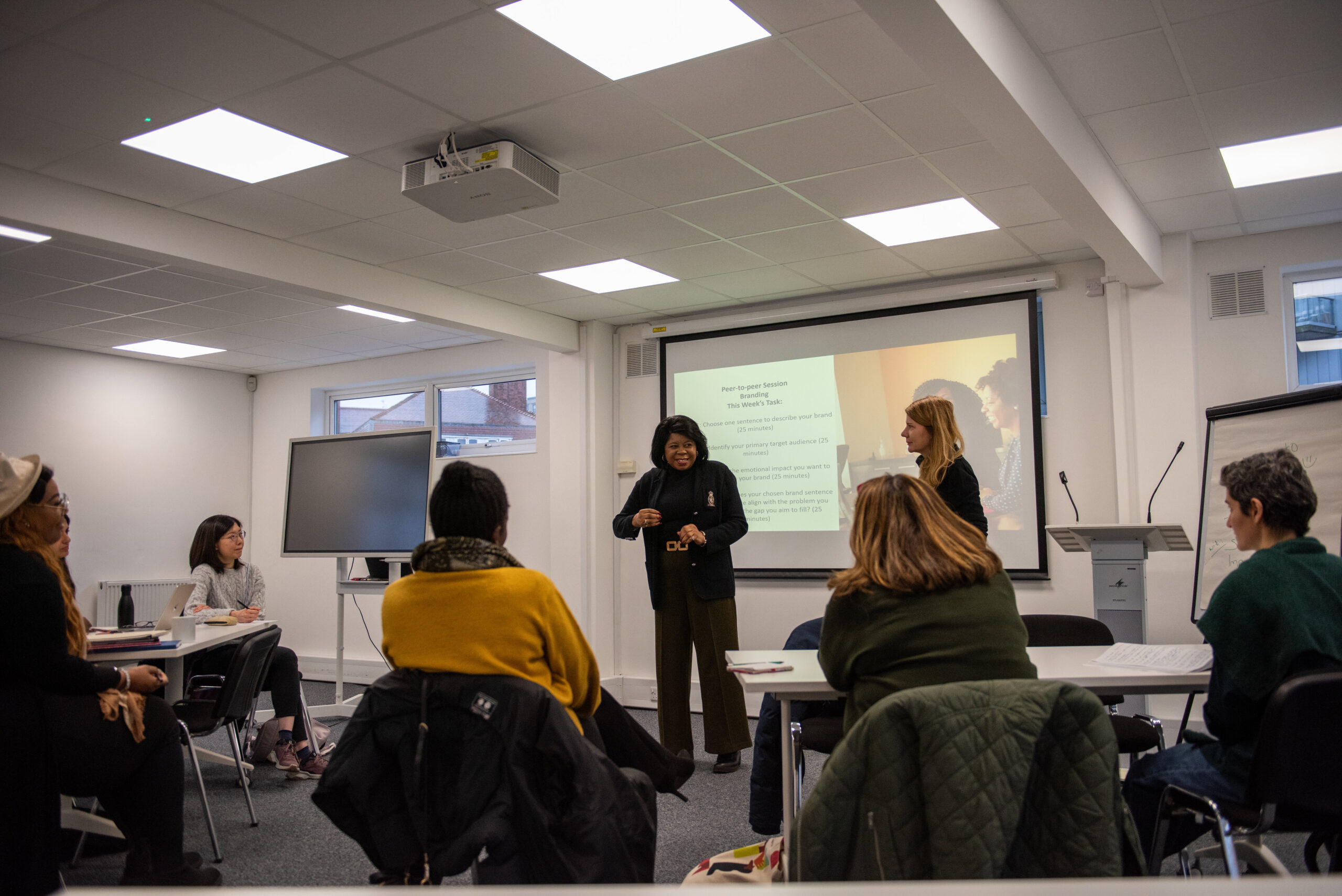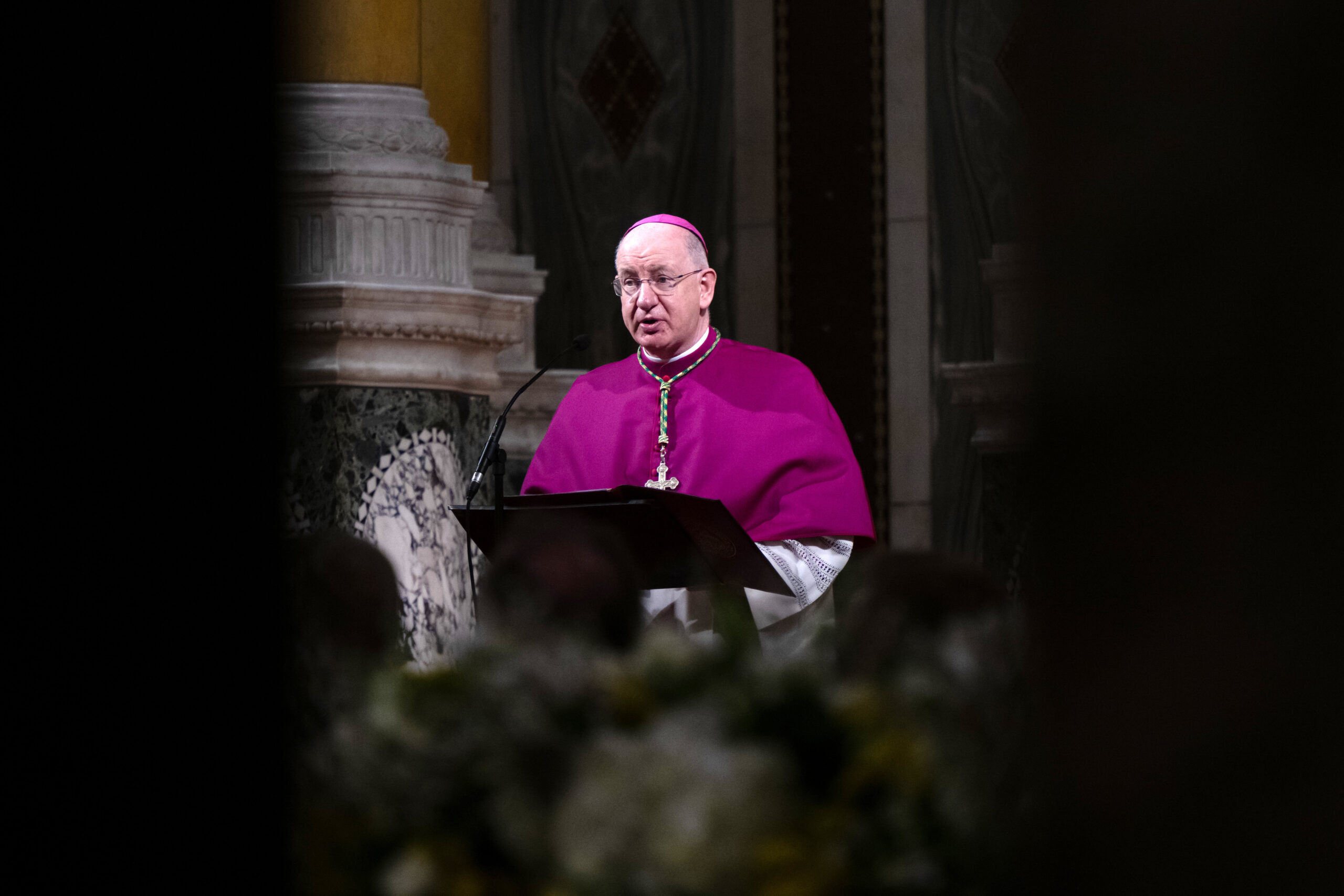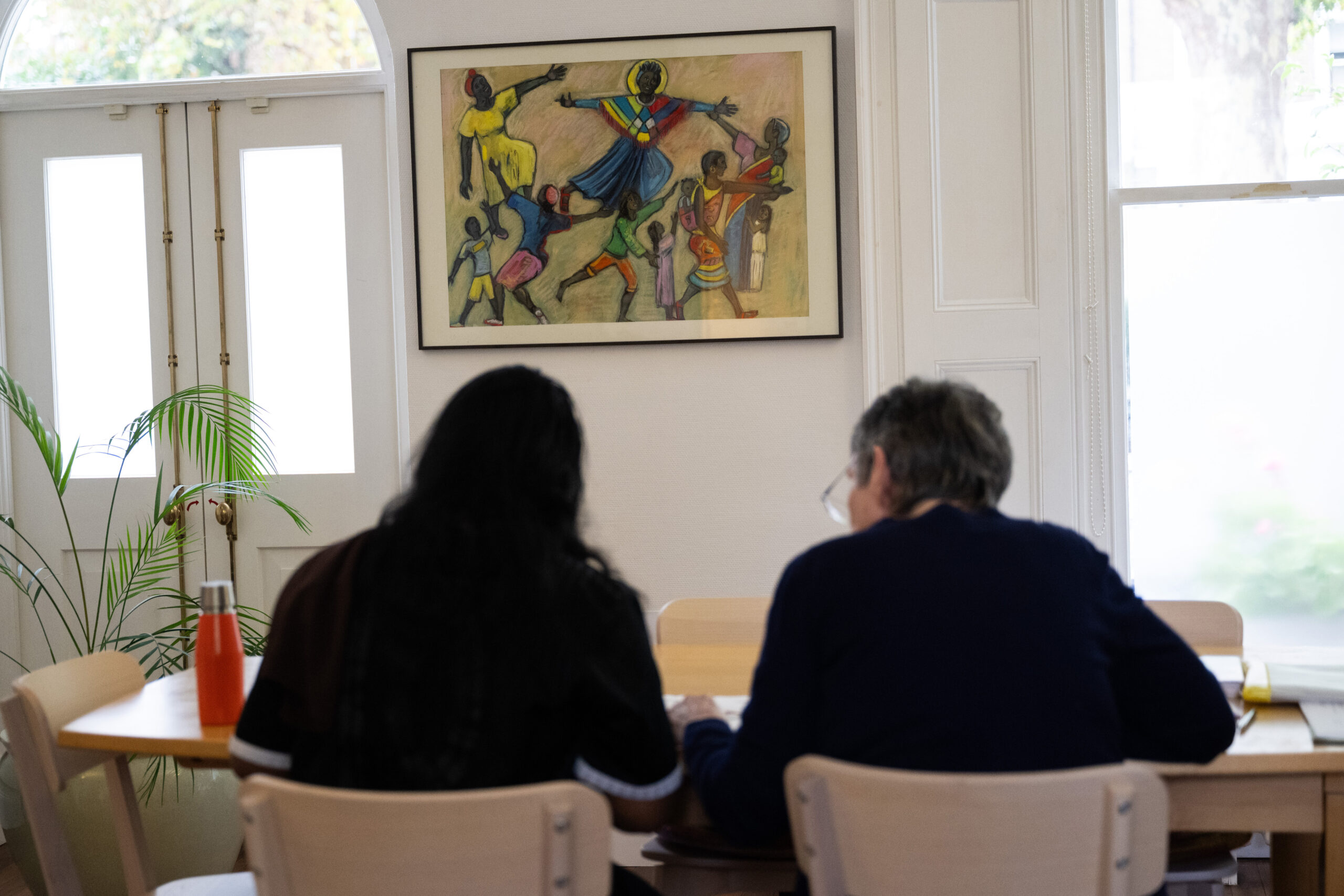Since launching in 2020, more than 11,000 people from over 3,500 households have been supported through the Caritas Westminster Emergency Supermarket Voucher Scheme, across London and Hertfordshire.

Stamford Hill during the pandemic
Holy Saturday (16th April) marked two years since Caritas Westminster distributed their first emergency supermarket vouchers in response to the COVID-19 pandemic. As the effects of the pandemic set in, parish priests and school staff saw more requests for help and church foodbanks witnessed demand increase by up to 400%. The emergency supermarket voucher scheme aimed to alleviate pressure on foodbanks, allowing them to deliver food to those shielding, as well as to give people the dignity of shopping for their own tastes and needs. The digital format of the scheme meant that beneficiaries could receive the vouchers, whilst adhering to social distancing guidelines. The vouchers also allowed families to free up income spent on food, so that they could pay for bills and other necessities.
As the pandemic progressed, what started as a temporary way to provide food relief to those most in need when much of society had closed, became a lifeline for thousands of families across London and Hertfordshire. The scheme proved a success and two years later, 127 parishes and schools within the Dioceses of Westminster and Southwark have distributed supermarket vouchers to vulnerable families in their communities.
One headteacher from North West London said:
“The families have greatly appreciated the additional support and at a time when there are so many demands on dwindling school budgets, it was wonderful to be able to support our families in such a practical way.”

the extra need, such as this one at St Philip Howard
in Hatfield
Although the scheme was only supposed to be a short-term response to the pandemic, feedback from beneficiaries showed that for many households it was not the pandemic alone which caused this need, but rather pre-existing issues that were exacerbated by Covid-19 and subsequent lockdowns. About half of the households receiving vouchers did so due to loss of work, including unemployment caused by the pandemic. However, 48% of households who received vouchers needed them due to living on low incomes, many of whom were doing so before the pandemic. Indeed, for some receiving the vouchers, they are finding things harder now in 2022 than they did in 2020.
One headteacher at a school in East London which has been receiving vouchers said that:
“The [school] community has been damaged by Covid, and things are getting significantly worse. People were struggling before the pandemic; things are even worse now… The vouchers have been a relief for some parents who are struggling. A £20 voucher doesn’t solve their problems, but [it gives] some people breathing space, and lifts a little weight from their shoulders, so that they can relax a little for the next few days.”
The cut of the £20 uplift to Universal Credit, the end of Furlough and the rise in National Insurance contributions have led to many more households struggling financially. And the recent hike in fuel prices may result in a further two million homes becoming fuel poor according to the charity National Energy Action – bringing the total of ‘fuel poor’ households in the UK up to six million.
With all these different issues affecting households, the continuation of short-term relief, therefore needs to be accompanied by more sustainable long-term support.

picture credit Mazur/cbcew.org.uk
Caritas Westminster are therefore continuing this short-term relief as well as assisting with long-term support through our Road to Resilience programme. This programme aims to equip parishes and schools to tackle the root causes of inequality – including food insecurity. One third of the parishes and schools that have distributed vouchers are engaged with Caritas’s Road to Resilience programme, looking at building transformational and sustainable social action projects that can support people in the community to build up their resilience to future shocks.

picture credit Mazur/cbcew.org.uk
One way Caritas has been able to do this is through supporting the Hitchin Pantry, launched at the end of 2021. The Hitchin Pantry is a community supermarket, which allows its members to do a weekly shop for their family, whilst keeping the bill at a fixed, affordable price. Over 350 people are currently benefitting from this initiative.
Reflecting on the voucher scheme, Cardinal Vincent Nichols commented,
“The long-term effects of the pandemic and recent tragic events are leaving many people struggling to pay bills or put food on the table. I am proud that the Supermarket Voucher Scheme in this diocese is a crucial part of a response to this continuing crisis, protecting the dignity of those who use the vouchers in accessing food and essentials. I am grateful to all who contribute generously to this scheme.”
The initial Caritas Emergency Supermarket Voucher Scheme, and its subsequent continuation, has been made possible owing to the generosity of the Albert Gubay Charitable Foundation, the Cardinal’s Lenten Appeal, and the St John Southworth Fund.
To find out more about the Supermarket Voucher Scheme, contact Niki Psarias, Project Lead for Food, email: cfc@rcdow.org.uk
You may be interested in our next meeting for all those involved in food projects in the diocese. Click here for more information.
To find out more about the Road to Resilience programme, click here




